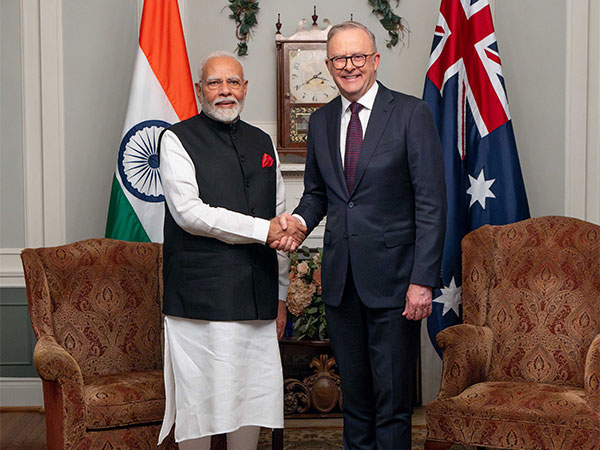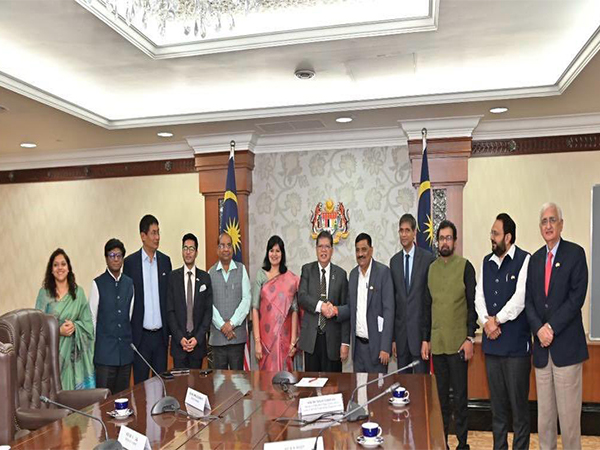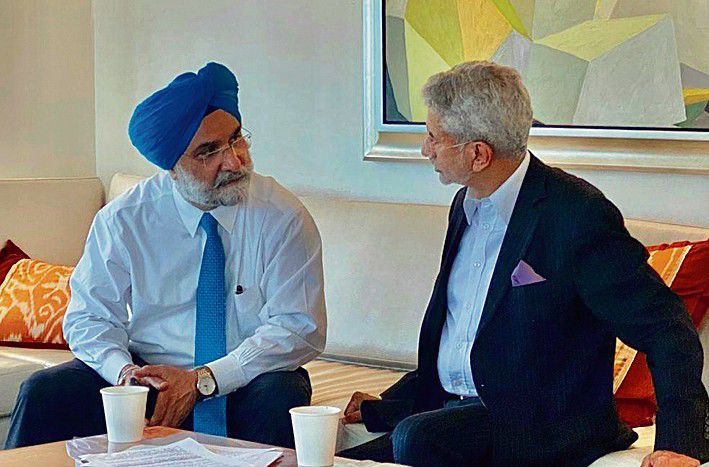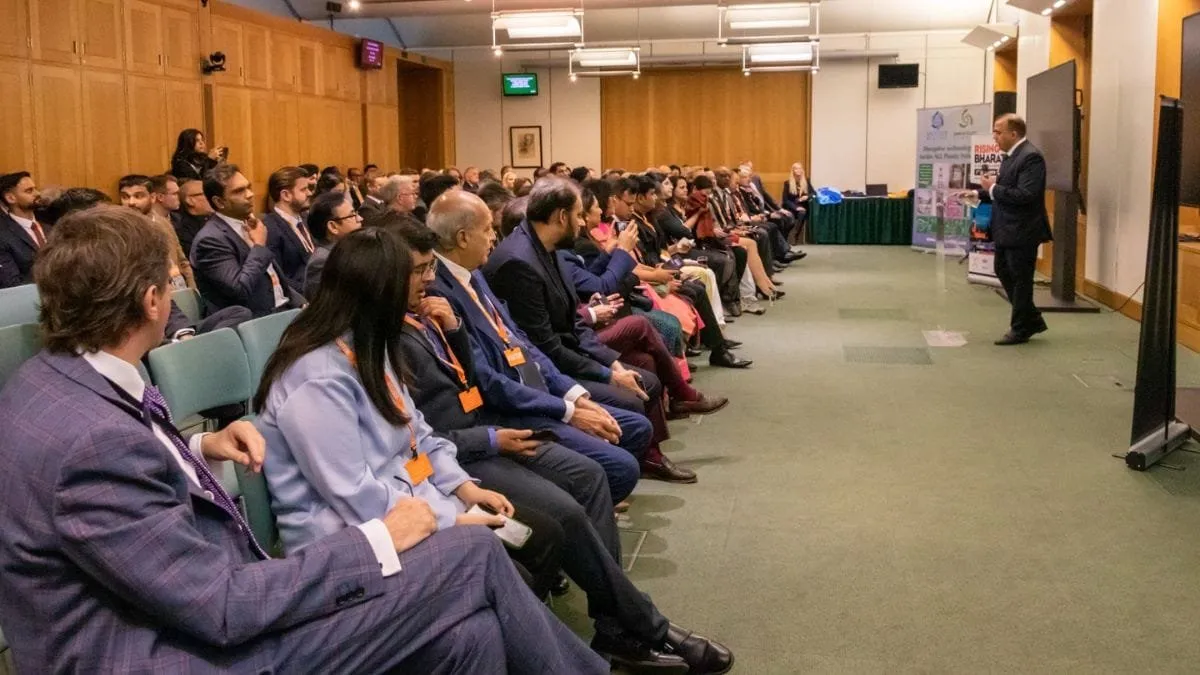Our Bureau
Washington, DC
Australian Prime Minister Anthony Albanese recently addressed allegations regarding the presence of Indian spies in Australia, emphasizing that such sensitive matters are typically discussed privately between nations. This statement comes in light of reports suggesting that Australia expelled two Indian operatives back in 2020 due to their alleged attempts to steal classified information related to defense projects.
During a press conference, Albanese was questioned about the ongoing tensions surrounding these allegations and whether he had raised the issue with Indian Prime Minister Narendra Modi. He confirmed that discussions about espionage are often handled discreetly, stating, “These matters are best discussed privately,” which indicates a preference for diplomatic channels over public discourse.
The backdrop of this incident is significant, as it highlights the intricate web of international relations and the delicate balance between cooperation and suspicion among nations. Albanese’s remarks suggest a commitment to maintaining a cordial relationship with India while addressing security concerns. He noted that while public acknowledgment of such issues can escalate tensions, private discussions allow for more constructive dialogue and resolution.
Reports indicate that the Australian government took decisive action in 2020 when it identified these spies as part of a broader network allegedly engaged in espionage activities within its borders. This expulsion was part of Australia’s efforts to safeguard its national interests, particularly concerning sensitive defense technologies and intelligence.
Albanese’s approach contrasts with the more public handling of similar allegations by other countries, such as the United States and Canada, which have taken a firmer stance against perceived threats from foreign espionage networks. This difference in strategy places emphasis on Australia’s diplomatic priorities and its approach to international security issues.
Furthermore, as Australia prepares for key international engagements, including upcoming meetings with leaders from India and other Quad nations, Albanese’s handling of this situation will likely be scrutinized. The Quad alliance—comprising Australia, India, Japan, and the United States—has been increasingly focused on countering China’s influence in the Indo-Pacific region. Thus, maintaining strong ties with India is crucial for Australia amid these geopolitical dynamics.
Prime Minister Albanese’s comments reflect a nuanced understanding of international diplomacy, where sensitive issues like espionage are managed through private discussions rather than public confrontations. As Australia navigates its relationships with major powers like India and addresses security concerns, the effectiveness of this approach will be pivotal in shaping future diplomatic engagements. The upcoming Quad leaders’ summit will provide a platform for further discussions on these critical issues, potentially allowing for a clearer understanding between nations involved in complex geopolitical landscapes.


























